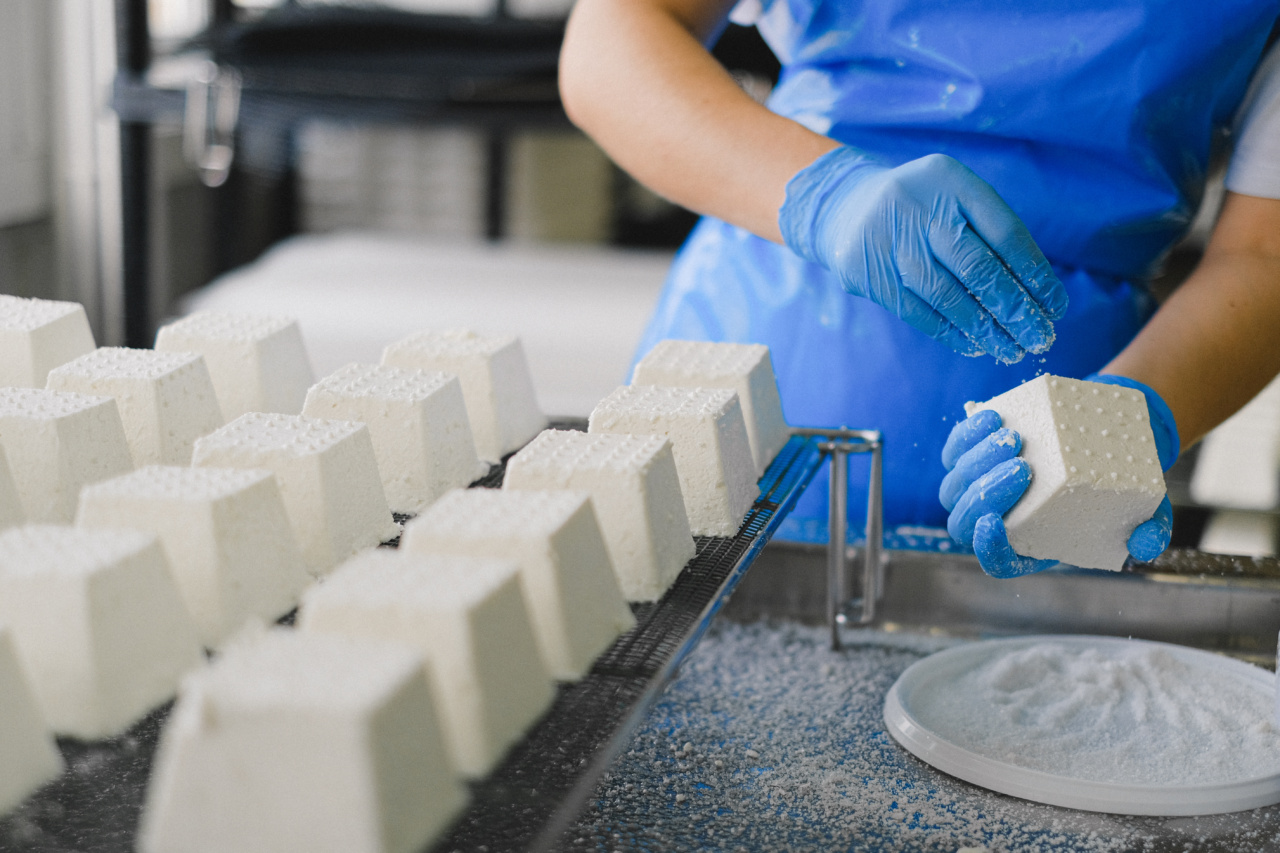The dairy industry is one of the most controversial and debated sectors in the food world. There are countless myths and misconceptions surrounding dairy products, their production methods, and their impact on human health and the environment.
As consumers, it is essential to separate fact from fiction to make informed decisions about our diet and lifestyle. In this article, we will explore 10 common myths about the dairy industry and shed light on the truth behind them.
1. Myth: Dairy is the only source of calcium
Fact: While dairy products are indeed rich in calcium, they are not the sole source of this essential mineral. Many plant-based alternatives such as broccoli, kale, almonds, and fortified non-dairy milk also provide ample amounts of calcium.
A well-balanced diet can easily meet calcium requirements without relying solely on dairy.
2. Myth: All dairy cows are treated poorly
Fact: It is unfortunate that some dairy farms have poor animal welfare practices. However, it is important to note that not all dairy farms are the same.
Many dairy farmers care deeply about the health and wellbeing of their cows and follow strict protocols to ensure their proper treatment. Look for dairy products that come from farms with animal welfare certifications to support responsible practices.
3. Myth: Dairy consumption leads to weight gain
Fact: While whole-fat dairy products are high in calories and saturated fats, research indicates that dairy consumption, especially low-fat or skim options, can be part of a healthy diet and may even aid in weight management.
Like with any food, moderation is key, and incorporating dairy into a balanced diet can be beneficial.
4. Myth: Milk is the best source of vitamin D
Fact: Although milk is often fortified with vitamin D, it is not the only source of this crucial nutrient. Our bodies produce vitamin D when exposed to sunlight, and it is also found in fatty fish, fortified orange juice, and certain mushrooms.
Those who are lactose intolerant or follow a vegan diet can explore alternative sources to meet their vitamin D needs.
5. Myth: Dairy farming is harmful to the environment
Fact: While it is true that some dairy production methods can have adverse environmental effects, such as greenhouse gas emissions, soil erosion, and water pollution, sustainable dairy farming practices exist.
Many dairy farmers are adopting eco-friendly techniques, like utilizing renewable energy, managing waste more efficiently, and implementing regenerative agriculture methods to reduce their environmental footprint.
6. Myth: Dairy causes acne
Fact: Acne can be influenced by various factors, including genetics, hormones, and lifestyle choices.
While some individuals may experience improvements in their skin by reducing dairy consumption, scientific evidence does not establish a direct link between dairy and acne for everyone. Consulting a dermatologist or healthcare professional is advisable for personalized advice.
7. Myth: Dairy alternatives are healthier than dairy products
Fact: Dairy alternatives made from soy, almond, coconut, or other plant-based sources have gained popularity in recent years.
While they can be suitable options for those with allergies, intolerances, or dietary preferences, not all alternatives are automatically healthier. Some products may contain added sugars, thickeners, or be lower in protein than dairy milk. It is important to compare labels and select options that align with personal health goals.
8. Myth: Raw milk is safer and more nutritious than pasteurized milk
Fact: Raw milk is unpasteurized, meaning it has not undergone the heating process that kills potentially harmful bacteria. While some people believe raw milk to be more nutritious, research does not support this claim.
Pasteurization has been a widely accepted practice that helps ensure milk’s safety, reduce the risk of foodborne illnesses, and maintain its nutritional value.
9. Myth: Humans should not consume dairy products
Fact: While individuals with lactose intolerance or milk allergies may need to avoid dairy, many people can tolerate and benefit from dairy consumption.
Dairy products are excellent sources of protein, calcium, vitamin D, and other essential nutrients vital for bone health, muscle function, and overall wellbeing. As with any food group, it is about identifying personal tolerances and making choices accordingly.
10. Myth: Dairy cows are constantly pregnant
Fact: Dairy cows, like other mammals, must be pregnant to produce milk. However, they are not constantly impregnated. Dairy farmers use artificial insemination to control the reproduction process based on the cow’s lactation cycle.
Cows have a dry period without milking, during which they are not pregnant, allowing their bodies time to recover before the next lactation phase.
Conclusion
Understanding the truth behind common dairy industry myths is crucial for making informed decisions about our dietary choices.
While some concerns about dairy production and consumption are valid, it is important to differentiate between facts and fiction. By seeking credible information and exploring various perspectives, we can embrace a balanced approach to dairy consumption while supporting ethical and sustainable practices in the industry.






























